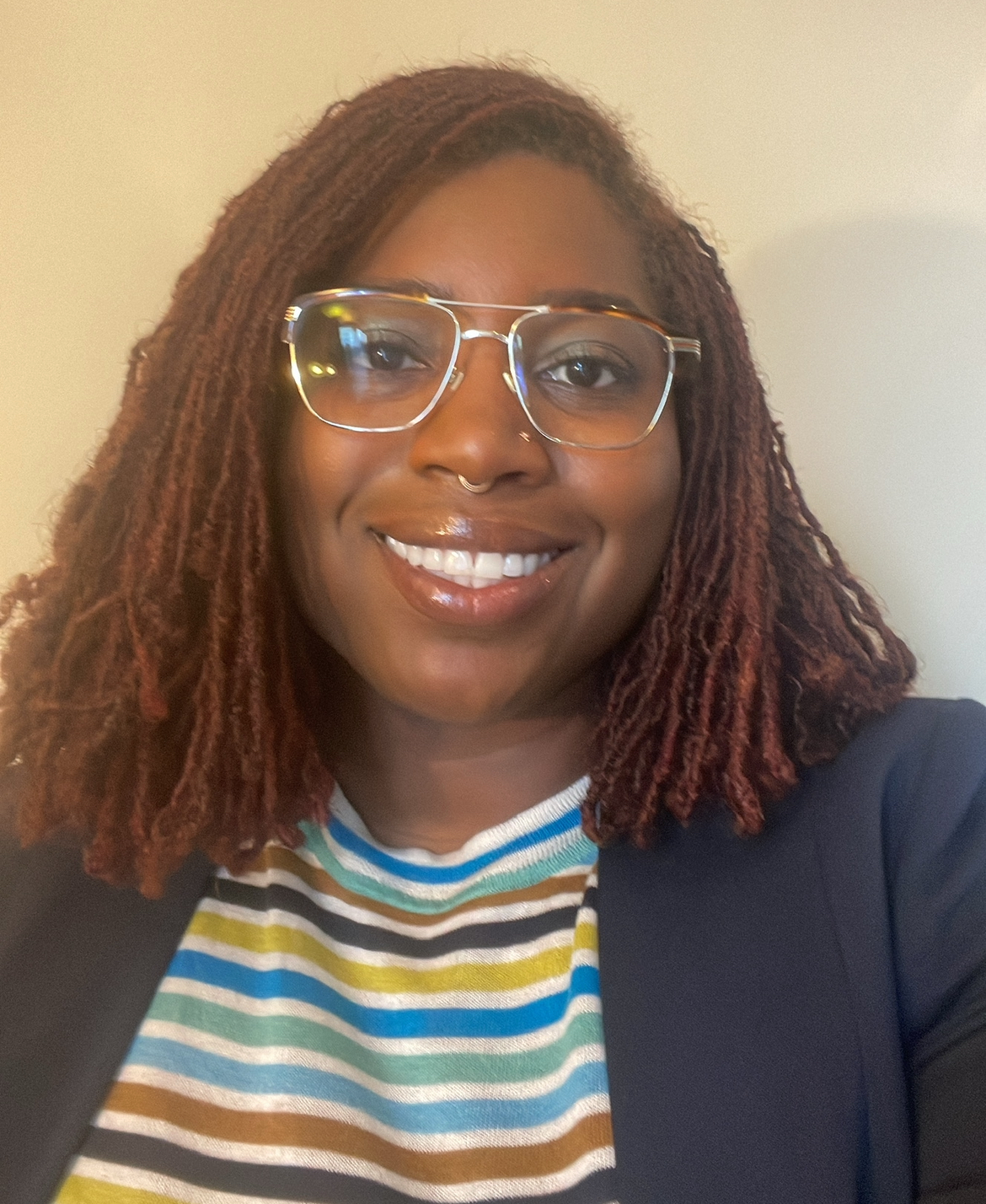
Lacresha Bowers began her current position as the UMass Extension Nutrition Education Program (NEP) Director on September 5th. As director, she manages NEP’s offices across the state — in Lawrence, Springfield, Auburn, Malden, Rainham, and Barnstable.
Setting ambitious goals and ensuring their success is Lacresha’s forte. In this case, the goal is nothing short of improving the nutritional health of the people of Massachusetts.
NEP includes two programs: Expanded Food and Nutrition Education Program (EFNEP) and Supplemental Nutrition Assistance Program Education (SNAP-Ed). EFNEP provides nutrition education to low-income families with young children and low-income youth. The SNAP-Ed Program educates youth and adults who either receive SNAP or are eligible for SNAP. Last year, SNAP-Ed reached nearly 30,000 youth and about 1,000 adults while EFNEP reached more than 2,000 adults. Follow-up assessments show a variety of impacts including that 96% of adults and 77% of youth improved their dietary choices and practices.
These numbers don’t lie! Lacresha takes pride in being part of NEP and contributing to the program’s far-reaching impact.
Lacresha is a registered dietitian, bringing nearly a decade of expertise to the table. Before working at UMass, she was a dietitian at a food pantry in Cleveland, Ohio, counseling people that are food insecure. Along with personalized nutrition counseling, Lacresha connected people with resources to help them lead healthier, more active lives.
 She is passionate about bringing quality nutrition to people with limited incomes. With fewer resources, people tend to buy less nutritious food because it is less expensive. However, Lacresha believes, “You can eat a healthy diet on a limited budget. I think often people just need counseling on that,” she explains.
She is passionate about bringing quality nutrition to people with limited incomes. With fewer resources, people tend to buy less nutritious food because it is less expensive. However, Lacresha believes, “You can eat a healthy diet on a limited budget. I think often people just need counseling on that,” she explains.
The broad impact statewide programs like NEP can have led Lacresha to her current position—where she organizes staff curriculum for thousands of Massachusetts residents.
Nourishing one’s body with the right foods is the best preventative medicine. I think a lot of chronic illnesses actually start with poor nutrition,” she says.
The reason people have poor nutrition is, in part, because of a lack of education. NEP efforts focus on marginalized communities, teaching people who are food insecure how best to maintain their health.
In addition to providing valuable education to people in need, NEP also provides instructions for food safety and healthy recipes on the website!
Lacresha hopes to continue expanding the program, including more college students and more of the older population. Aiming to hire more educators and expand their reach, NEP is set on having the largest impact possible on Massachusetts residents' health.
Learn more about the Nutrition Education Program here.